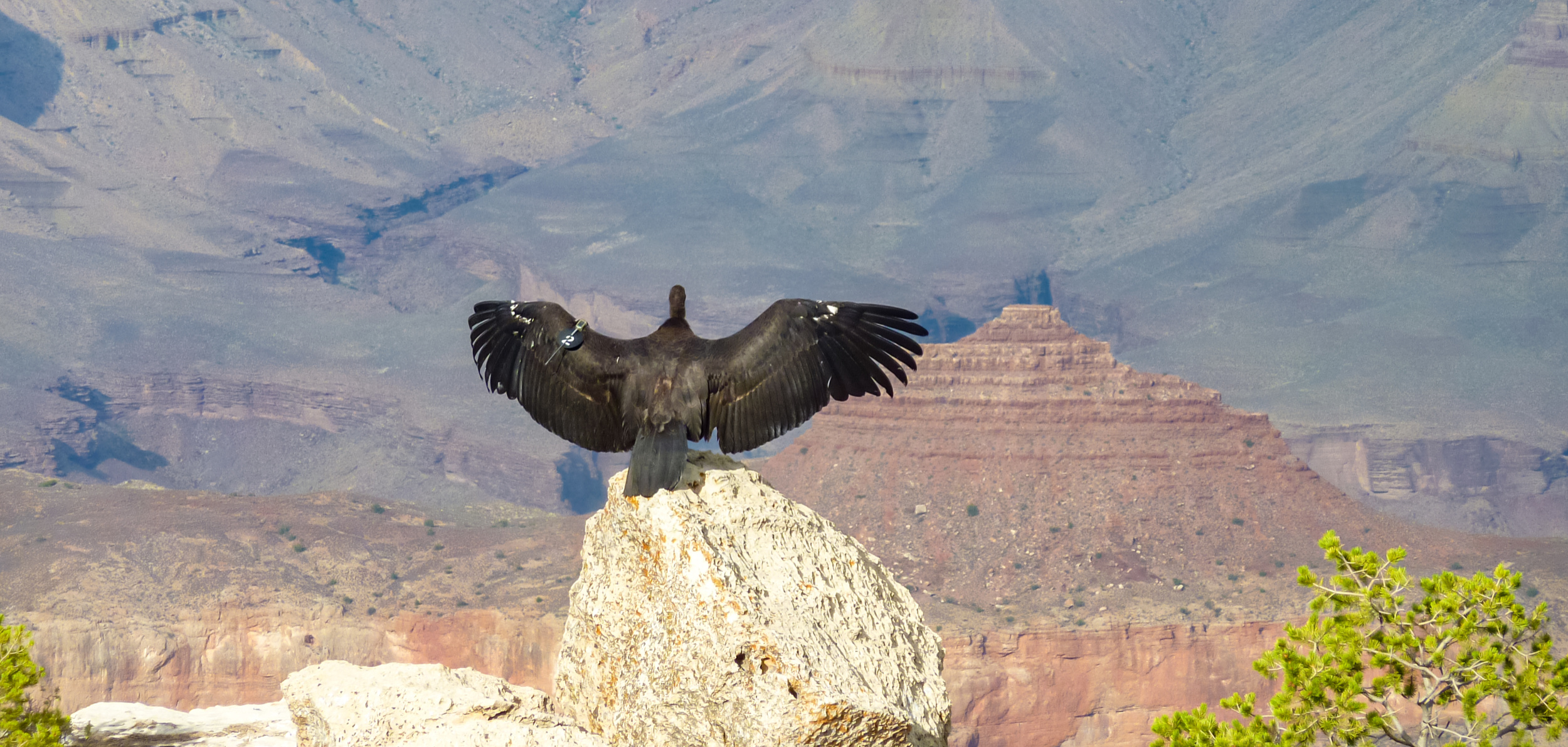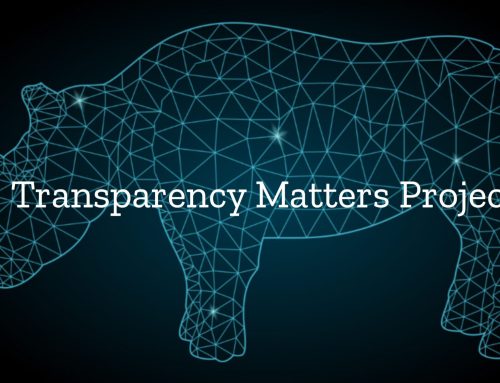
When I ask you to picture a person ‘looting’, what comes to mind? Vandalism, Theft?
During the recent wildfires in Los Angeles, Angelenos were ordered to evacuate their homes and looting became such a problem, that LA District Attorney Nathan Hochman said at the time, “Let me be clear: If you exploit this tragedy to prey on victims of these deadly fires, we will find you and we will prosecute you to the fullest extent of the law”.
When we think of looters, most of us don’t think of Yellowstone, Yosemite or Sequoia National Park, but if we didn’t before, we need to now.
We enjoy the likes of Yellowstone NP because some people did imagine how easily the region could be looted. In 1871, Ferdinand V. Hayden published the Hayden Geological Survey of the region that would become Yellowstone National Park. He warned that if the park wasn’t created, there were those who would come and “make merchandise of [its] beautiful specimens”, continuing, “the vandals who are now waiting to enter into this wonder-land, will in a single season despoil, beyond recovery, these remarkable curiosities”.
In its latest push to weaken environmental protections, the Trump administration has proposed rewriting the definition of “harm” under the Endangered Species Act. If finalized, this change would effectively gut one of the most vital mechanisms protecting what is left of the US wonder-land.
The Endangered Species Act was signed into law on December 28, 1973, and it has been instrumental to help species in the United States recover, including the Bald Eagle, Florida Manatee, Gray wolf and California Condor.

The current federal government’s worrying rhetoric about endangered species is captured in a recent article regarding the Dire Wolf, After Dire Wolves Are Resurrected, Trump Administration Says U.S. Endangered Species List Should ‘Go Extinct’.
The article quotes Secretary of the Interior Doug Burgum, who wrote about de-extinction technology, “The only thing we’d like to see go extinct is the need for an endangered species list to exist”, continuing, “Since the dawn of our nation, it has been innovation – not regulation – that has spawned American greatness”.
I, for one, am pleased that Ferdinand V. Hayden saw the need for regulation – because National Parks are there because of regulations. We finally need to accept regulations are needed to overcome the myth of inexhaustibility and to protect the little that is left
In a 2009 business book looking at the business strategies of 32 of the world’s most well known businessmen, the authors challenge the image of the business entrepreneur as a visionary with a plan. Instead, they outline their use of the term ‘predation’, as, “ruthlessly taking advantage of imperfections, weaknesses, and vulnerabilities within the market”. The book is a challenge to the conventional explanations for their extreme success – exploiting imperfections, weaknesses and vulnerabilities in regulation and legislation.
As I think about this, I am drawn to Joseph Wood Krutch, an American author, critic, and naturalist who wrote nature books on the American Southwest, and I slightly misquote him to use modem language, “If people destroy something replaceable made by man, they are called vandals; if they destroy something irreplaceable made by thousands of years of evolution, they are called entrepreneurs”.
I am also inspired by the words of Henry Beston, writer and pioneer of the modern environmental movement, who said, “The creatures with whom we share the planet and whom, in our arrogance, we wrongly patronize for being lesser forms, they are not brethren, they are not underlings, they are other nations, caught with ourselves in the net of life and time, fellow prisoners of the splendour and travail of the Earth”.
Beston retreated into nature to recover from his traumatic experiences during WWI. He served as an ambulance driver including at The Battle of Verdun, which lasted for 302 days, one of the longest and costliest in human history.
Immersing himself in nature to heal, he wrote, “Nature is part of our humanity, and without awareness of that divine mystery, man ceases to be man”.
An insight certainly lost on the vandals waiting at the gate of weakened environmental regulations and ready to make nothing more than merchandise that last of our remaining wonders – but only if we let them.
I hope you will join me in challenging this regulation change. Here is what I have submitted..
To Whom It May Concern,
I am writing to express my strong opposition to the proposed changes to the Endangered Species Act (ESA), as published in the Federal Register. These revisions represent a fundamental weakening of one of our nation’s most effective environmental protection laws.
The Endangered Species Act has successfully prevented the extinction of 99% of listed species since its passage in 1973. By safeguarding critical habitats, it not only protects wildlife but also maintains the ecological integrity of entire ecosystems—many of which provide essential services to humans, including clean air, water filtration, flood protection, and climate resilience.
The proposed changes would allow economic impacts to factor into listing decisions and critical habitat designations. This undermines the science-based foundation of the ESA and opens the door for political and corporate influence to override urgent ecological needs. Species protection should be governed by biological data and the best available science—not by short-term financial interests.
Financial firms such as BlackRock now wield increasing control over vast areas of natural resources through investment in agriculture, energy, and land use. These firms are beholden to shareholders, not the public good. Weakening ESA protections removes one of the last major regulatory checks on how these corporations exploit ecosystems. Without robust protections, biodiversity conservation is at risk of becoming subordinate to private profit.
The ESA represents one of the few tools available to the public to challenge activities that threaten vulnerable species and habitats. The proposed revisions erode transparency and limit the capacity of citizens, scientists, and communities to intervene when corporate activities pose ecological harm.
Short-sighted deregulation in favor of industrial or financial gain often leads to long-term ecological damage that carries a far higher cost—economically, socially, and environmentally. Healthy ecosystems support agriculture, tourism, disaster resilience, and public health. The protection of biodiversity is not only a scientific and ethical imperative, but an economic one.
A weakening of the Endangered Species Act (ESA) perpetuates the myth of inexhaustibility. Resources are finite, and should be used conservatively and wisely to meet today’s needs without compromising the ability of future generations to meet their needs. A large part of the electorate knows that weakening of the Endangered Species Act (ESA) perpetuates the myth of inexhaustibility simply to benefit the few and drive further greenwashing and inequality.
As a father of two daughters, both passionate about the natural world and anxious of what their futures hold given the scale of environmental degradation, I am compelled to act on their behalf. So, when they ask me what I was doing to save our endangered species, I wasn’t prepared to tell them I was too busy with work and life!
There is a window of time to write to Congress to tell them not to make this disastrous change to one of the strongest protections our natural world here in the United States has, the Environmental Protection Act. Please act now!
The public comment period for the proposed rule change redefining “harm” under the Endangered Species Act is open until Monday, May 19, 2025. To submit your comment, visit the Federal Register notice here:




